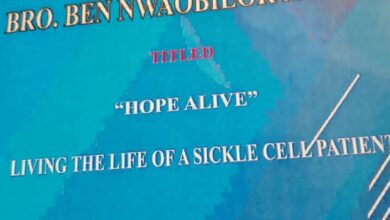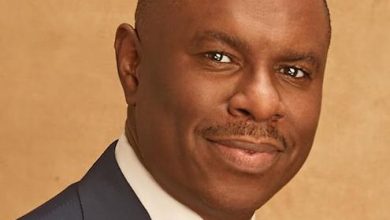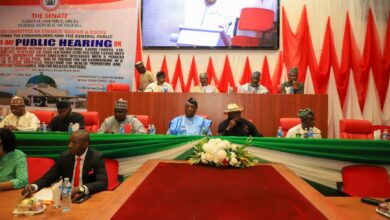
By Philip Jakpor
The alarming rate and impunity with which the tobacco industry and its promoters visibilise tobacco products and smoking in the virtual space requires the urgent attention of relevant agencies of government if we must save the next generation of young Nigerians.
The images, videos and skits of celebrities smoking like chimney and glamourising their acts on Facebook, Instagram and other social media channels are now so frequent that they no longer elicit stupefaction among Nigerians. But we should be worried.
There have equally been disturbing videos of adults sharing cigarettes with infants gleefully without caring about what they are doing to the kids. The most visible companies in Nigeria now promoting the smoking culture and products on Facebook, Instagram, and other social media platforms are SmokeBoxNG and DaSmokeHub.
These companies operating from Lagos and Abuja were called out by the Corporate Accountability and Public Participation Africa (CAPPA) in its 2022 Report titled Tobacco Industry Capture of the Virtual Space in Nigeria for engaging popular music icons in the promotion of tobacco products and an alternative lifestyle that kids may innocently believe is hype
While the major tobacco companies in Nigeria now hide under Corporate Social Responsibility (CSR) to launder their image, it may not be wrong to assume that they may have struck deals with vendors to visibilize their devil’s work through a host of entertaining videos that ultimately glamourise smoking and encourage youngsters to jump on the bandwagon.
The tobacco vendors are so brazen that they even portrayed Nigeria’s president, Muhammadu Buhari as a smoker with the message “Everybody don join smokeboxgeng” in a Facebook post on May 21, 2020.
The tobacco control community suspects the tobacco industry might actually be pumping huge funds into the activities of the vendors behind the curtain because there is the plausibility of deniability. This does not however stop a blossoming and unholy relationship between them.
This assertion corroborates a report by the United States Center for Disease Control (CDC) in 2019 which noted that cigarette and smokeless tobacco companies spend billions of dollars each year to market their deadly products. In the US alone, the largest cigarette and smokeless tobacco companies are said to have spent a mind-boggling $8.2 billion on advertising and promotional expenses in 2019.
While government agencies like the Federal Competition and Consumer Protection Commission (FCCPC) must be commended for trying to arrest the tobacco menace in the country through the enforcement of the Graphic Health Warning (GHW) policy, it must now beam its torchlight on the virtual space. The GHWs policy which kicked off in November 2020 serves the dual purpose of educating Nigerians, especially young people on the dangers of tobacco, and sanctioning marketers of tobacco products that do not have the prescribed warnings in the legible sizes the government had introduced.
Under the policy, tobacco packages must come with pictures and warnings that cover at least 50 percent of the front and back of the packages. Text-only health warning is also to be displayed on one of the lateral sides of the packages. The warnings will be rotated every 24 months and will be increased to 60 percent in June 2024.
Most laudable is the fact that the text of the new requirement replaces the former which only required manufacturers to inscribe the message: “The Federal Ministry of Health warns that smokers are liable to die young”. Tobacco products in Nigeria now come with messages such as “this product kills,” “this product causes cancer” etc, giving users and potential users’ information that can influence their decision making.
The policy is in harmony with the World Health Organisation (WHO) mandate to Parties to the Framework Convention on Tobacco Control (FCTC) to put in place policies to check the glamourisation of tobacco products. The WHO argument is that a combination of pictures and texts is more effective than text only warnings for communicating the risks of smoking especially to adolescents to discourage smoking uptake.
Thus far, the enforcement exercise has taken place in Abuja, Lagos, Calabar, Kano and Port Harcourt. Good as the FCCPC’s intervention is, for an industry that is always a step ahead of its regulators, the slow-paced enforcement presents an opportunity for tobacco companies to continue with business as usual. For this not to happen, agencies of government must urgently wake up and be alive to their responsibilities.
These agencies include the Nigeria Police, Nigeria Security and Civil Defence Corps (NSCDC), the Standards Organisation of Nigeria (SON), the Nigeria Customs Service (NCS), among others.
If Nigeria must checkmate the tobacco industry quest for the lungs of our kids, all hands must be on deck. The Federal Ministry of Health must not go to bed in the battle to ensure Nigerians enjoy the best of health. The time for talking is long gone. Now is the time for action.
Jakpor, Director of Programmes, Corporate Accountability and Public Participation Africa (CAPPA), writes from Lagos.











